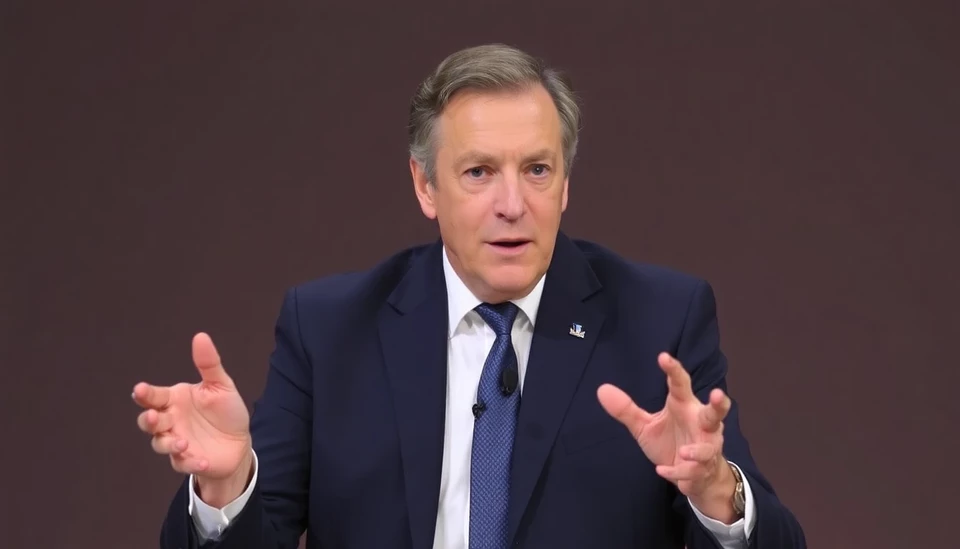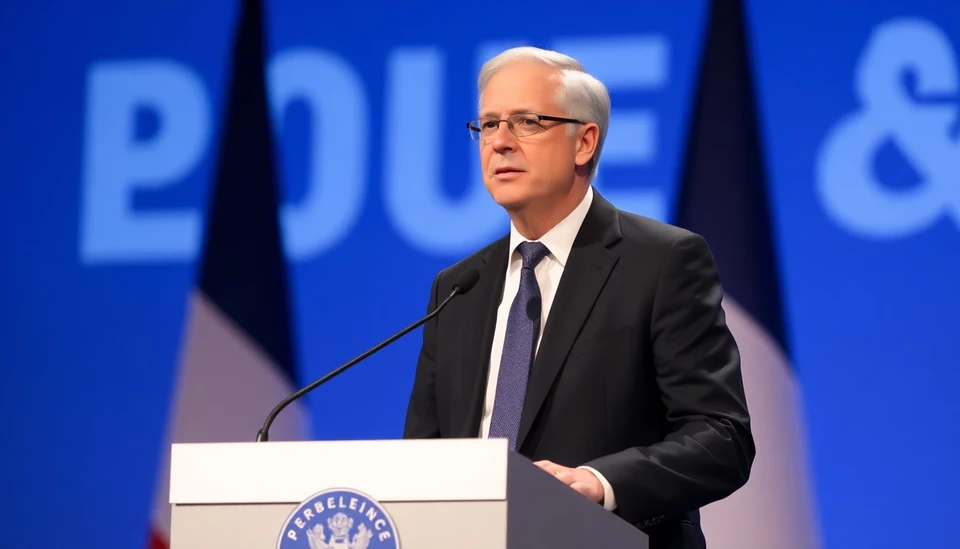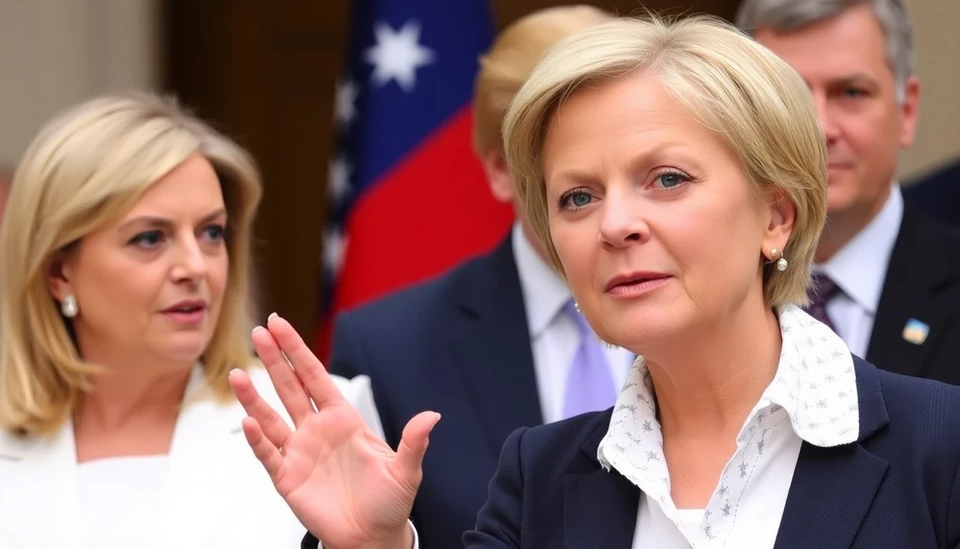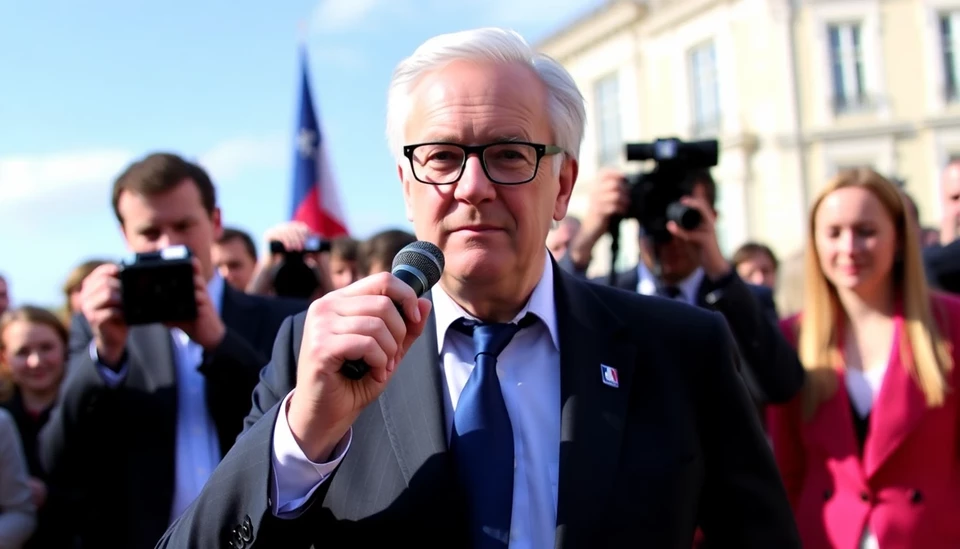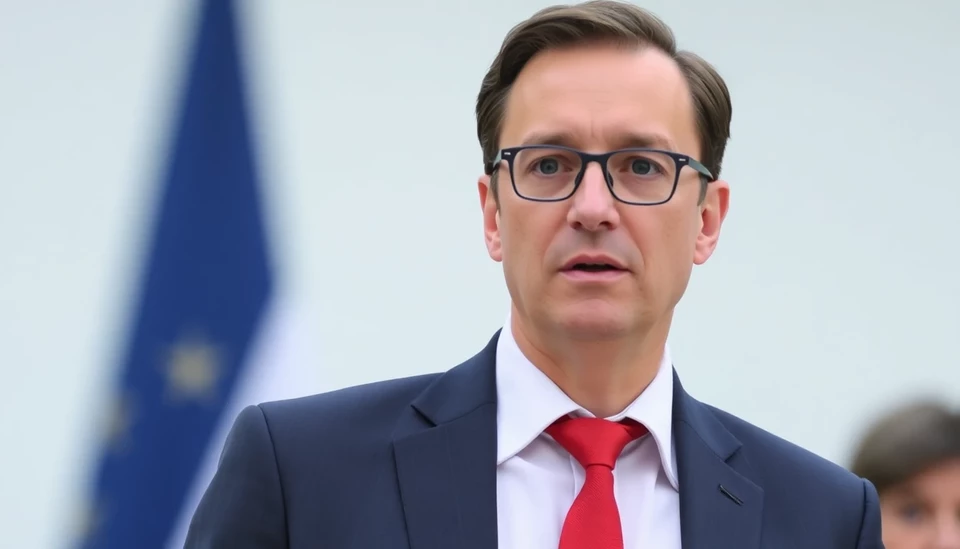
In a pivotal decision that underscores the current political climate in France, the leadership of the Socialist Party announced it will not endorse a censure motion aimed at the government. This decision reflects the party's strategic positioning as it navigates the complexities of contemporary French politics, particularly in light of increasing tensions and discord among various political factions.
The censure motion was primarily directed at challenging the government's controversial policies, which have drawn criticism from multiple quarters. Proponents of the censure argued it was essential for holding the government accountable and bringing attention to the discontent voiced by segments of the population. However, the Socialist Party leadership, recognizing the risk of political instability, decided against backing the motion.
Sources within the party suggest that the decision not to support the censure is a calculated move to maintain influence and avoid further alienation from moderates and centrists within the National Assembly. The leadership believes that aligning with more radical factions, particularly during such contentious times, could be detrimental to the party's long-term goals and electoral viability.
The French political landscape has been in flux, with various issues such as economic challenges, labor reforms, and social justice dominating public discourse. The Socialist Party, once a significant force in French politics, has struggled in recent years to reclaim its former prominence amidst the rising popularity of alternative political movements.
As the political situation develops, this decision by the Socialist Party will likely have implications not only for its internal dynamics but also for its role in coalition-building and interactions with other parties. Observers note that the party’s current strategy may reflect a broader trend of caution among traditional political parties when confronting populist sentiments and extreme positions within the electorate.
In conclusion, the Socialist Party's decision not to back the censure motion highlights the complex and often precarious nature of political alliances in France today. It remains to be seen how this decision will affect the party’s reputation and its relationship with voters who feel increasingly disenchanted by the status quo.
As the events unfold, all eyes will be on how the Socialist Party adapts its strategy in response to the evolving political landscape and public sentiment. Will they reclaim their position as a leading voice for progressive values, or will they continue to navigate the challenging waters of contemporary French politics?
#FrenchPolitics #SocialistParty #CensureMotion #GovernmentAccountability #PoliticalStrategy #FranceNews
Author: Laura Mitchell
